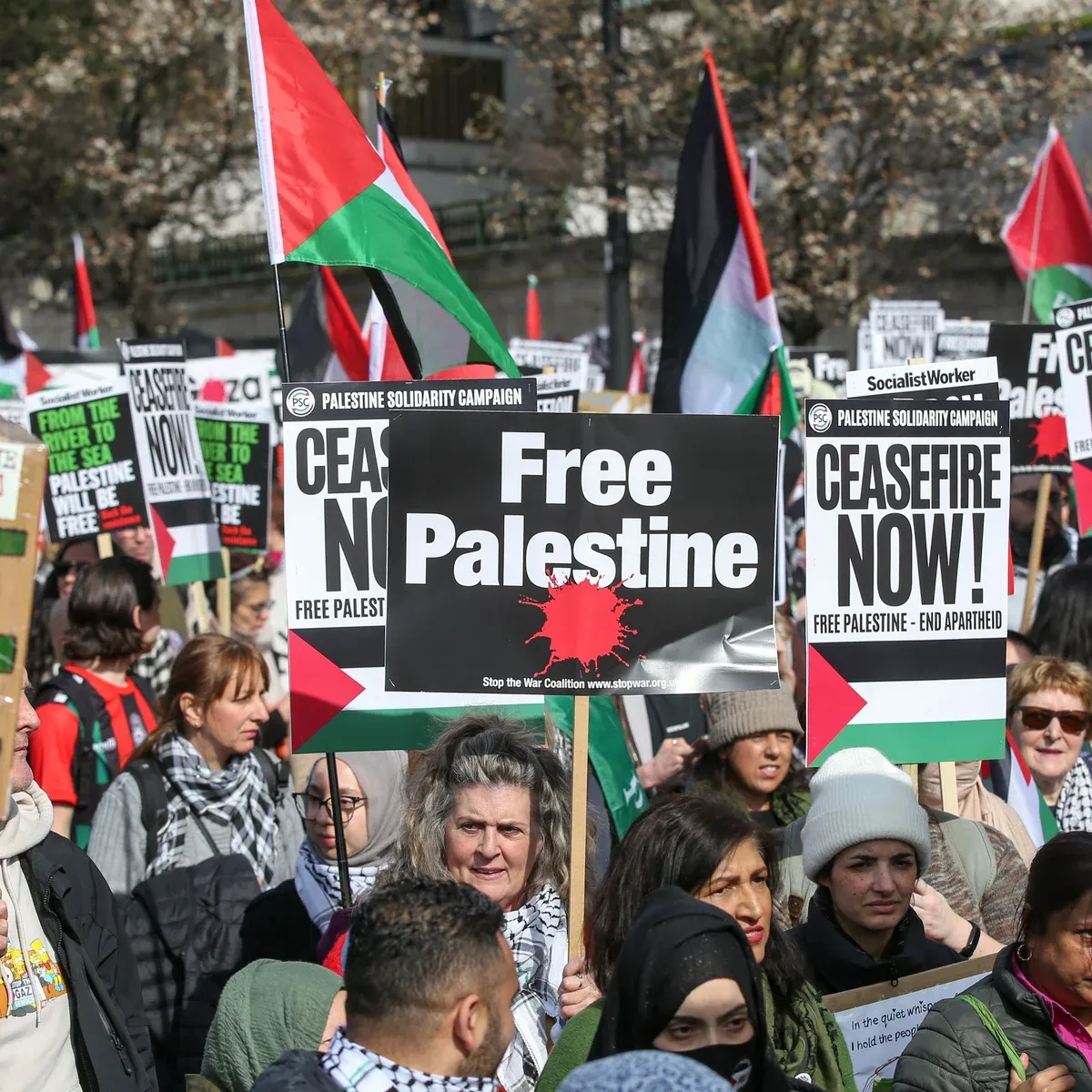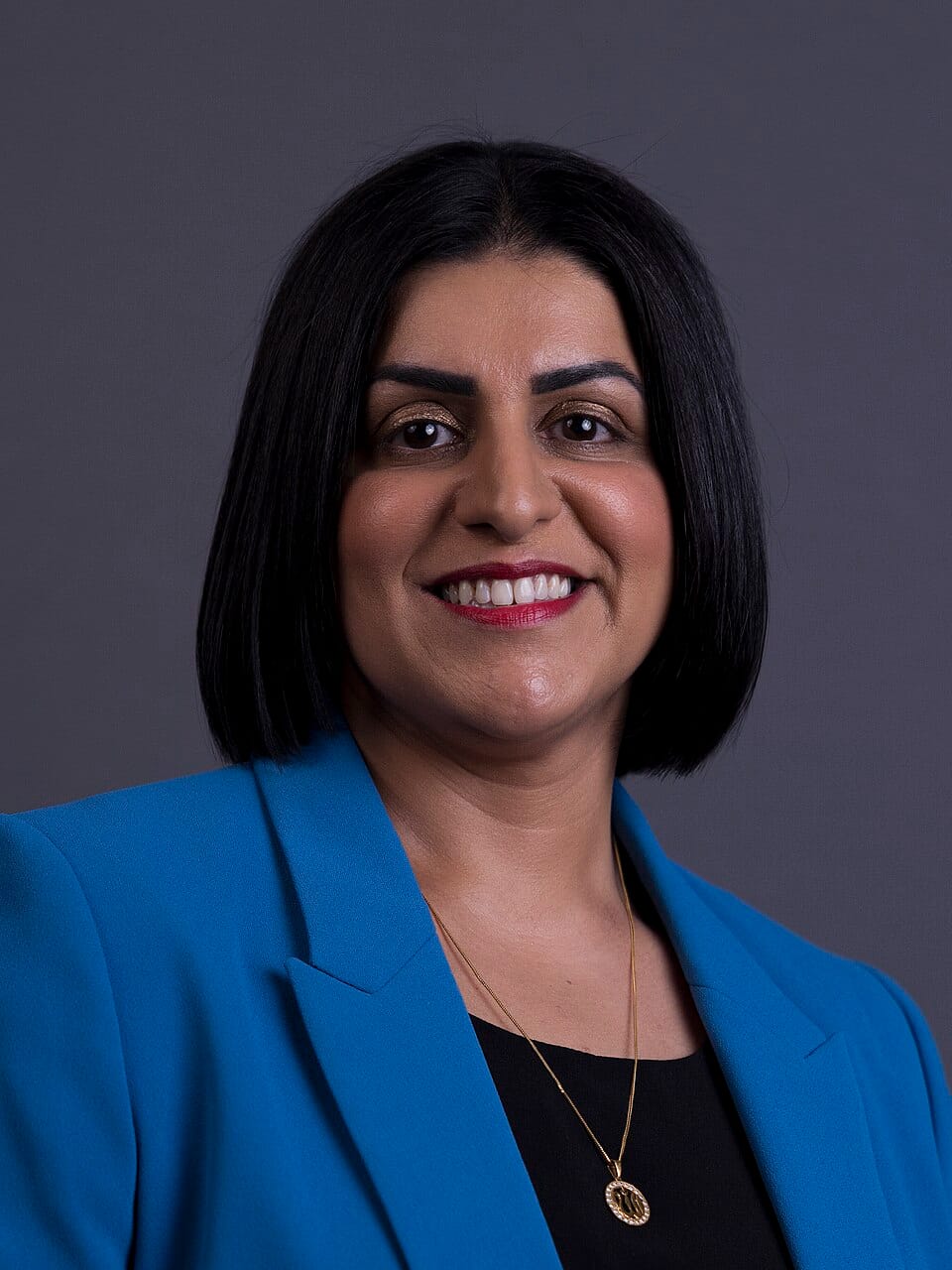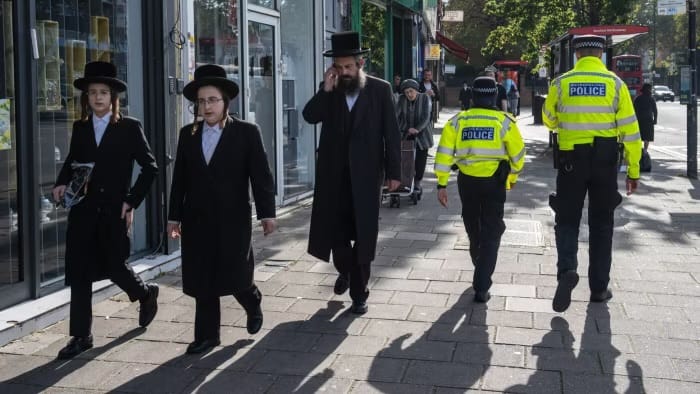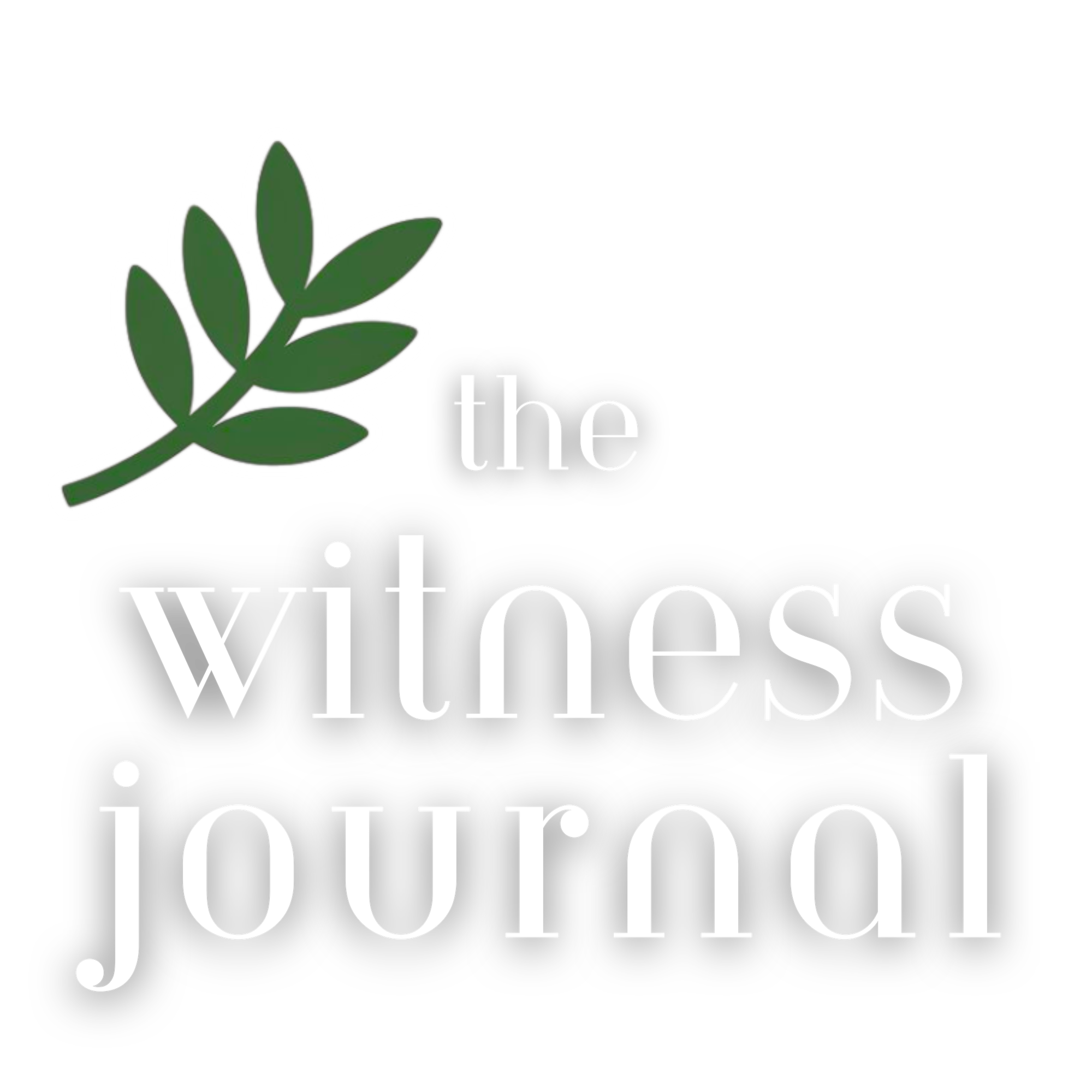How New Protest Laws Threaten the Right to Speak for Palestine

When Home Secretary Shabana Mahmood announced that the government would give police more powers, in regards to our right to protest, after an attack on a Manchester synagogue, she framed it as an act of responsibility. Demonstrations, she said, must not “inflame community tensions.” Yet to many observers, the timing felt less like caution and more like opportunism - a chance to tighten already-harsh controls on protest in the United Kingdom.

For almost a year, Britain’s streets have become living pages of protest. From London’s Hyde Park to Glasgow’s Buchanan Street, millions have marched for Palestine - an unprecedented display of solidarity that has challenged Westminster’s moral and political stance on Israel’s conduct in Gaza. These gatherings were overwhelmingly peaceful. But they were also uncomfortable for those in power, because they reminded the public that Britain’s political elite continues to arm and defend a state accused by the United Nations of grave violations of international law.
A convenient moment
Mahmood’s proposed legislation, which would let police and local authorities curtail protests deemed to have a “negative impact on nearby communities,” arrives just as pro-Palestinian marches have become part of the country’s political rhythm. The framing - protecting communities from harm - echoes language used to justify previous expansions of state power, from anti-terror laws after 2001 to the sweeping Public Order Act 2023, which already allows police to stop protests considered “too noisy” or “disruptive.”
Civil-rights groups such as Liberty and Amnesty International UK warn that the new measure could criminalise political expression by stealth. “Impact on the local community’ is dangerously vague,” Liberty’s policy director noted in a briefing this week. “It can mean anything from traffic delays to emotional discomfort. That’s not a legal standard - it’s a tool for censorship.”
Numbers that don’t justify new laws
The driving factor behind these new powers, is the Manchester Synagogue attack, which many believe to be a false flag, and many, including myself, said this event would be used to as a justification to come down on protestors.
Let’s step back and analyse this for a second, they say the powers are to protect communities from this fear that they may not be somehow safe from leaving their homes etc. but if we look at Britain’s Jewish population for example, it is only around 270,000, this is less than half of one percent of the country. That’s right, 0.5%. Protecting any community from hate is essential, but crafting national legislation in response to the distress of a small demographic, while ignoring systemic abuse directed at far larger groups, raises serious equality questions.

Home Office figures show that Islamophobic hate crimes outnumber antisemitic ones by more than three to one. In 2023, nearly half of all recorded religious hate crimes targeted Muslims. Yet Britain still lacks a dedicated Islamophobia Act, despite years of lobbying from Muslim organisations and cross-party MPs.
Two standards of safety
The imbalance is felt most sharply in how the state reacts to violence. Just last week, a mosque in Peacehaven, Sussex, was set on fire. Worshippers narrowly escaped injury. The case was not treated as terrorism, and national media attention faded within a day. Imagine, protesters say, if the roles were reversed - if a synagogue had been burned instead. Would it have drawn an emergency debate in Parliament?
The selective empathy is impossible to miss. The government rushes to legislate when Jewish institutions are threatened but responds to attacks on Muslims with silence. This double standard doesn’t protect anyone; it entrenches resentment and feeds the perception of a two-tier society - one where some faiths are protected by law and others are left to fend for themselves.
A wider pattern of repression
The restriction of Palestinian-solidarity protests sits within a longer trend. Since 2022, new police powers have targeted climate activists, anti-racism campaigners and trade-union organisers alike. Home Office data show that over 600 people were arrested at demonstrations in the year after the Public Order Act came into force - many for vague offences such as “locking-on” or “causing serious annoyance.”
Now, Palestinian protesters fear they will be next. London’s Metropolitan Police have already imposed unprecedented route bans and time limits on marches, often citing “community tension.” Organisers complain that police routinely film participants, demand personal data and threaten arrests for displaying the Palestinian flag near sensitive areas.
The democratic cost
Britain’s strength has always been its ability to hold conflicting views in public without fear. Restricting protest to appease discomfort undermines that foundation. Laws written to soothe one moment’s outrage rarely disappear; they metastasise, becoming tools for future governments to silence whoever they please.
If the right to demonstrate against genocide can be curtailed under the banner of “community impact,” what prevents similar limits on strikes, environmental protests or any movement that challenges entrenched power? The precedent would outlive its immediate target.
Equal protection, or equal suppression
The government’s duty is not to pick favourites among faiths or causes. It is to ensure that every citizen - Jewish, Muslim, or otherwise - can live and speak without fear. Creating special protections for one group while leaving others exposed to violence and state scrutiny corrodes that principle.
Britain does not need more laws; it needs consistent justice. Until a mosque fire is treated with the same seriousness as a synagogue attack, as terrorism, if it is indeed terror related - and until Palestinian flags can fly in London without suspicion, talk of “balance” will ring hollow.
A warning from history
Every era of repression begins with respectable excuses. Today it is “community sensitivity.” Tomorrow it may be “national unity.” The result is always the same: fewer voices, fewer rights, and a democracy that remembers its ideals only when it is too late.
For those marching for Palestine, the message is clear. Do not be cowed. The struggle for free expression is inseparable from the struggle for justice in Gaza, because silence is the ally of oppression - whether on a London street or under an occupied sky.
